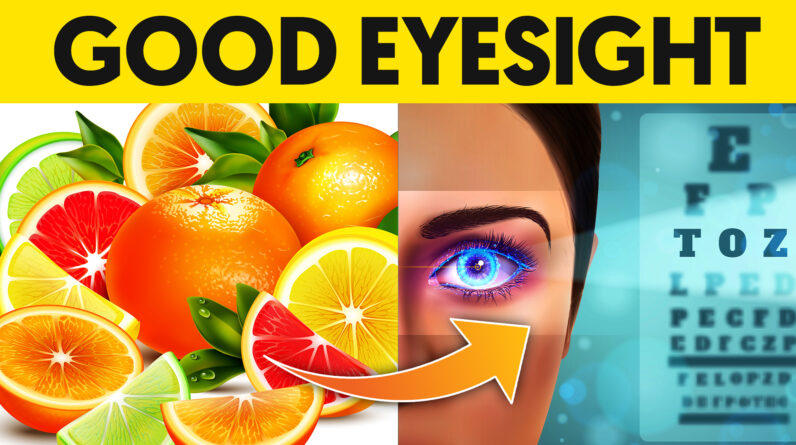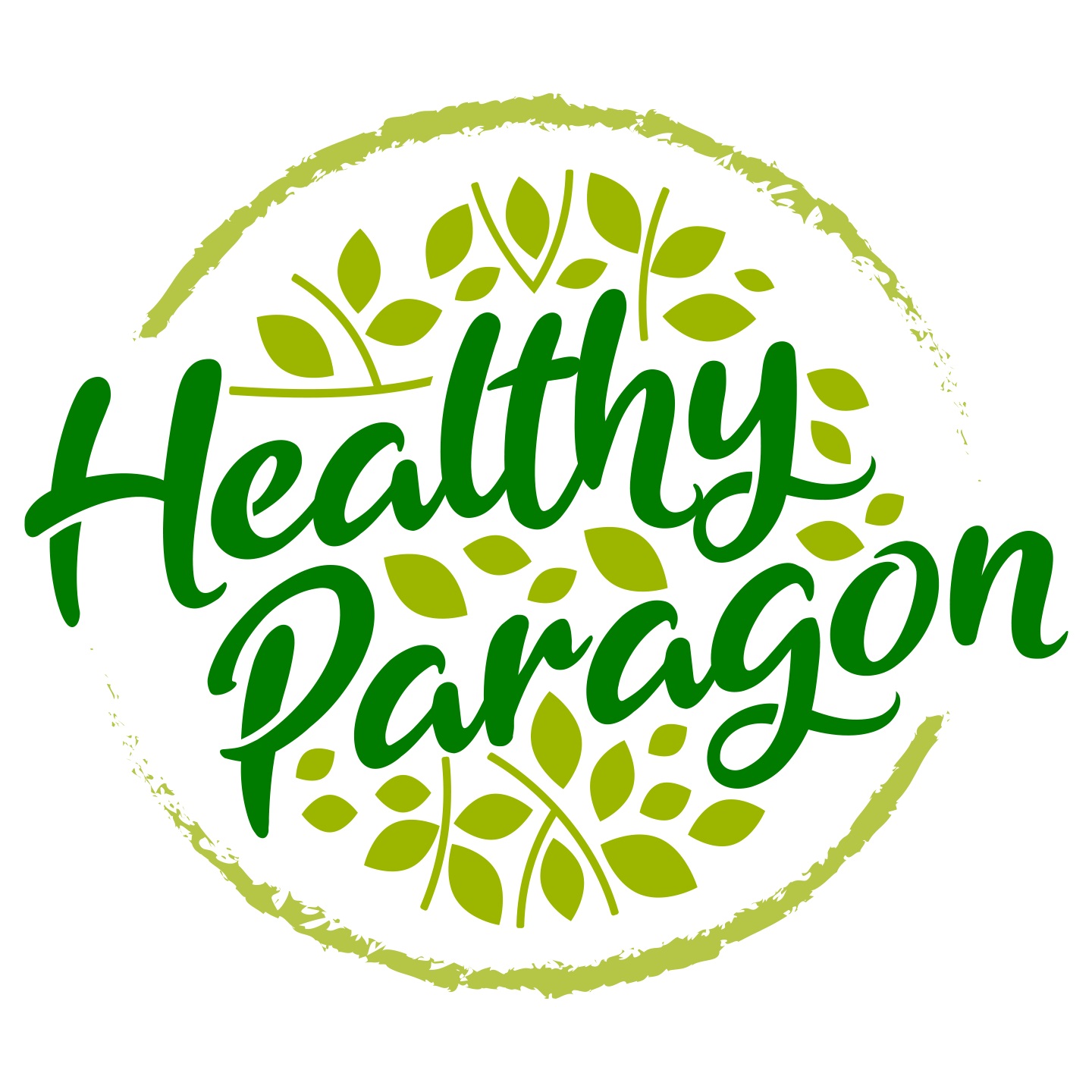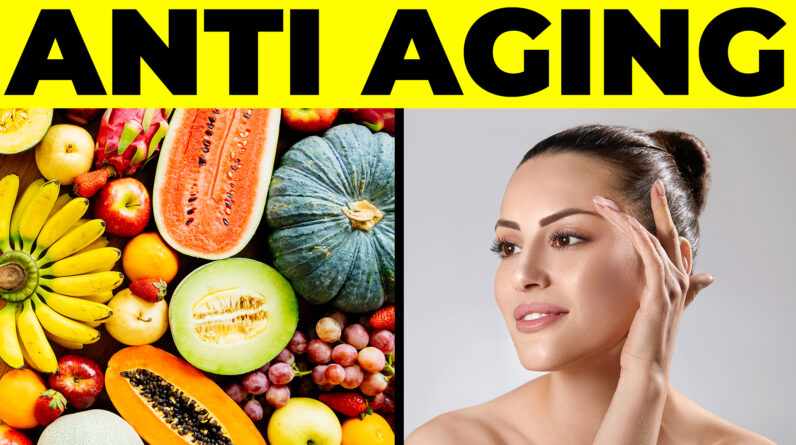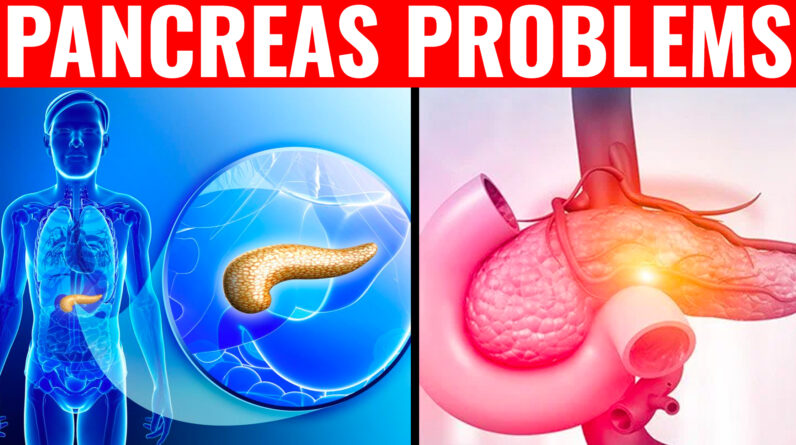
Arguably, vision is one of our most important senses and serves as the vehicle with which we can explore the world around us. But even with all of these reasons, eye health hasn’t particularly been a subject of interest among people.
Most people go through life believing that it’s natural to have failing eyesight as you age, but that isn’t the whole truth. Failure to care for your eyes increases the risk of struggling with eye-related health problems.
To prevent that for you, in today’s article, we’ll be showing you top 10 foods that you can incorporate into your diet to improve your eye health. You’re welcome back to this channel. If you’re just joining us on, don’t forget to subscribe and check out our previous articles.
Here are 10 foods for your eyes:
1. Fish
Asides being one of the richest sources of protein and omega-3 fatty acids, fish is a food that contributes greatly to eye health. Fish provides an excellent source of nutrients that are helpful with cognitive and physical health.
Oily fishes are especially helpful with eye health as the oil contained in the guts and body tissues of these fishes can help reverse dry eye. Dry eyes are mostly caused by spending too much time on a computer or a screen, and in this day and age, that’s pretty much all we do.
Oily fishes include salmon, tuna, mackerel, trout, tuna, sardines and many more. Salmon is a particularly great choice amongst these fishes as it contains the most Omega-3 fatty acid of the bunch.
Omega-3 contains DHA and EPA which help improve retina function. So if you’re going for a protein option this week, salmon is a great option to consider.
2. Sweet potatoes
Sweet, starchy, and extremely versatile, sweet potatoes are great for eye health. Coming in a variety of sizes and colours, they are highly nutritious and are rich in fiber, vitamins, minerals, and antioxidants.
Sweet potatoes are honestly superfoods! They have the ability to fight off free radicals which are responsible for cell damage, promoting gut health, fighting off cancer, and enhancing brain function, and they also promote a healthy vision!
They’re rich in beta-carotene which aids the support of eye health. A 200 grams serving of baked sweet potatoes provides seven times the daily requirement of beta-carotene for adults.
This beta-carotene is converted to vitamin A in the body and is used to form light detecting receptors in the eyes. A deficiency of this can lead to a special type of blindness known as xerophthalmia. Also, sweet potatoes contain anthocyanin and antioxidants that help prevent vision loss.
You certainly want to load up on those sweet potatoes come shopping day.
3. Spinach
Never to be found missing in healthy meals and salads, spinach makes an appearance on today’s list for its highly nutritious content that is beneficial to the entire body, especially the eyes.
Available all year round, spinach is known to contain vitamins C and E which provide the body with antioxidants, fight oxidative stress, and help eye health.
Spinach contains carotenoids lutein and zeaxanthin which are nutrients that carry a sizable amount of antioxidants that help to lower the risk and rate of macular degeneration and helps lower the risk of long term eye diseases like cataracts. Spinach is easily incorporated into everyday meals either in salads or as a smoothie blend.
4. Oranges
More popularly known for containing Vitamin A, oranges are a juicy and pulpy kind of fruit that are high in nutrients and vitamins. More popular in its juiced form and as an acidic addition for dishes that need a little pop, oranges are more beneficial than you know.
If it were up to us, it’d be “an orange a day, keeps the doctor away” and not apples.
Asides being rich in antioxidants and nutrients which aid cell protection, boost the immune system, and maintain healthy skin, oranges are rich in vitamin C which is key for eye health.
Vitamin C helps contribute to the development of blood vessels for the eyes, combat the generation of diseases like cataract, and lower the risk of age-related eye illnesses like macular degeneration.
It’s so helpful that eating at least one orange a day reduces the risk of macular degeneration by at least 60%! That’s incredible!
5. Beef
Being one of the most popularly consumed proteins isn’t just for show. Beef contains a generous amount of nutrients asides protein, one of which is very vital for eye health.
Beef is very rich in zinc which happens to be a mineral that is highly important for building a protective pigment melanin in the retina. Zinc is also the vehicle that brings vitamin A which is something beef is rich in, and then uses the vitamin A to aid protection of the cornea.
Furthermore, zinc is known to improve night vision, delay age-related sight loss and macular degeneration, and even prevent cataracts. Other proteins also contain zinc, but beef contains much higher levels of it.
6. Nuts
Consumable on the go as a nut mix, or in spreads, nuts contribute immensely to eye health. They are rich in omega-3 fatty acids which help in reversing dry eyes.
An ounce of seeds gives half the recommended daily intake of vitamin E which contributes to help slow macular degeneration and prevent cataracts alongside.
Nuts that help the eyes include but are not limited to sunflower seeds, hazelnuts, and walnuts.
7. Kale
Popular for being a super food due to its nutrition-dense nature, kale is important in meals as it contains so many important vitamins, minerals, and nutrients.
Asides providing the body with antioxidants to fight oxidative stress, and helping lower bad cholesterol in the body, kale contains antioxidants lutein and zeaxanthin which helps prevent serious eye conditions such as cataracts, poor eyesight, and macular degeneration.
Kale is especially important because lutein and zeaxanthin cannot be produced by the body. A 100 gram serving of kale per day provides the body with at least 11.4 milligrams of lutein which surpasses the daily recommended intake of 10 milligrams.
You can make kale into snack chips, eat them raw, or find creative ways to infuse it into your meal.
8. Eggs
Popularly known for its contribution to protein intake, a great vitamin C and E source, and its zinc properties, eggs are easily worth eating every single day.
The zinc contained in eggs helps to improve night vision and prevents eye diseases. But even more than its zinc properties, eggs also contain lutein and zeaxanthin which help in reducing the risk of age-related sight loss.
9. Almonds
At number 2, we have the mildly flavoured almond on the list. Just like other nuts and seeds, almonds are great for supporting eye health as it contains a good dose of vitamin E which helps guard against unstable molecules that target healthy tissue which can lead to cataracts and macular degeneration. One serving of almonds contains 11 international units of vitamin E which is about half of the daily recommended intake. You can eat almonds on the go, as an addition to your parfaits and even in your yoghurt.
10. Carrots
And holding down the top spot on the list today are carrots.
Asides being an easy food to snack on, carrots are extremely beneficial to eye health. With its high nutrient level in Vitamin A and beta-carotene, carrots are essential to the improvement of eye health.
Asides being responsible for the carrot’s orange colour, the beta-carotene and vitamin A present in carrot helps protect the surface of the eye and prevent other eye infections and conditions.
Beta-carotene also converts itself into vitamin A which forms a protein called rhodopsin, and rhodopsin helps the retina to absorb light.







